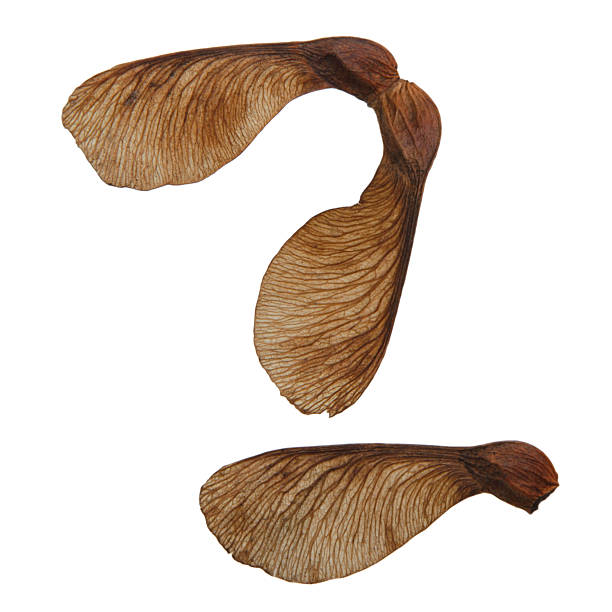How does a tree (or any plant, really), know to evolve to produce a delicious fruit or a poison berry, a seed inside an impenetrable shell, or invent a type of flying machine, in order to reproduce? (Each of these examples exists in my backyard)
How do they receive feedback about their evolutionary experiments? How do they know it worked/failed. [10]



If a tree mutates and it produces a seed that is slightly flatter than its competition, then that seed will fall farther and the tree will be slightly more likely to reproduce over its competition. Repeat this for several million generations over millions and millions of years.
How long is a generation when trees can be several thousand years old?
A generation just has to be the age gap between a plant and a plant from any of its seeds. So if a tree can start to flower and drop seeds around year 3, then it’s as minimal as a 3-year gap between “generations”.
Did you just make this up, or is it actually true for these kinds of trees that can be several thousand years old?
Number was plucked out of my ass. But sure, let’s look at a redwood and see when they start reproducing.
The Sierra Redwood can reproduce sexually (seeds in cones) as early as 24 years old, but one source I found said that seeds are usually not high-quality until the tree is 200+ years old. It also takes about a 2-year maturation period within the cone before being ready for planting. Other types of redwoods can reproduce asexually, which may have an effect on the rate of expression of the mutated genes.
That’s quite interesting. And impressive, too!
Thank you for looking it up.
It doesn’t matter how old the trees can ultimately live, just how long it takes for one of its offspring trees to grow enough to then itself make more offspring. And in some species of trees, that can be as little as 3 years
Thinking about it has given me the hint to ask this question :)
I’m not arguing, I wanted to learn something.
Do your parents have to die for you to be the next generation? No. An organism and it’s offspring are very frequently alive at the same time and apart of different generations. Once an organism has offspring, a new generation exists. So however old an is when it can reproduce, that is the length of a generation for that species. It has nothing to do with how long said organism can live.